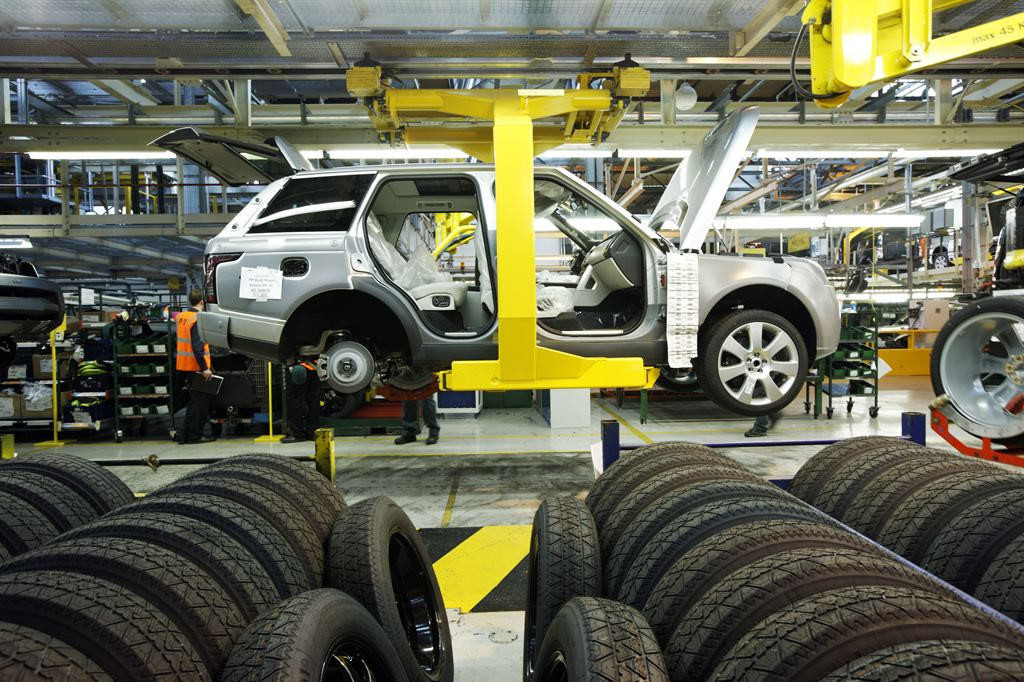
Image Source: Flickr
The manufacturing skills gap is a very real problem facing the US manufacturing sector and industries abroad. Smart factories and robotics have become a key aspect of the fourth industrial revolution, set to bring about Industry 4.0, but humans are still and will continue to be a big part of the picture.
The skills gap is ravaging the hiring capabilities of manufacturers, and in many ways, it is forcing their hand towards automation. The issue is simply that there aren’t enough skilled workers to fill all of the skilled manufacturing jobs out there.
If this wasn’t already a big enough problem, the manufacturing industry is changing so fast that oftentimes, training for a certain career path can be a moving target of sorts. This has left many scrambling for a much-needed solution.
The solution might be to create even more new jobs, rather than worrying about filling old roles. This solution may seem counterintuitive, but it may be just what the manufacturing sector needs.
Recent reports have identified key roles that need to be created and filled in the rapidly changing manufacturing industry – let’s take a look at just a few.
Digital Officers
Digital Officers would be front-line advocates for new technologies and function as liaisons between their company and furthering technological innovation. They would take into account the specific needs of their organization and identify areas for improvement, either through the Internet of Things (IoT), automation, or more skilled labor.
Digital Manufacturing Engineer
These new breeds of manufacturing engineers would function one level down from digital officers. They would take the directives of these innovation explorers and transform them into practical and manageable steps for their processes and their company. They would work to reduce errors and increase efficiency through streamlining operations and systems manufacturing. Digital manufacturing engineers would be the backbone to the actual implementation of new technologies.
VR/AR Specialist
Virtual and augmented reality is becoming a much more significant player in the manufacturing sector. The role of this VR/AR specialist would be to find applications in their industry and business that suite this type of product development technology – whether that be in the design process or all the way to production. These specialists would find the best way to use AR/VR information to further innovation and increase sales, support, and product operation.
Experience Designer
While the term experience designer may sound like a millennial invention, it is perhaps one of the most important new jobs needed in the manufacturing sector. This person would work to avoid a skills shortage and maintain a fully developed and rapidly advancing workforce. Manufacturing of old allowed for the stagnation of skills, but modern innovation demands that we change how we work and consistently adapt. An Experience Designer might streamline interaction between an operator and machine, they might empower workers through additional training, or they might further productivity all the while improving morale and reducing costs.
These jobs are only a few of the potential industry altering changes that will need to occur to overcome the skills gap and bring manufacturing back to the front lines of the economy. The digital revolution is coming and that means more innovative jobs, more important skills, and better products. Ultimately, if you want to leverage your capabilities towards the future of manufacturing, focus on current trends and don’t get left behind as innovation drives manufacturing even further forward.
This post was originally posted to Short Sleeve and Tie Club. You can read the original here.



Add comment
Connect with: Log in
There are no comments